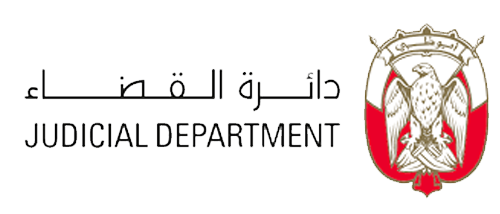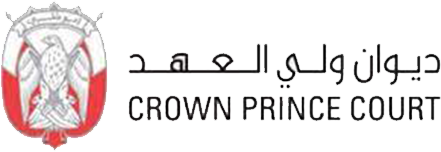Our firm has highly experienced debt collection lawyers that specialize in the process of debt recovery through dispute resolution, mediation, negotiation, and settlement as well as criminal and civil litigation. Our experts are familiar with the cash flow management concerns associated with any nature of credit disputes. Our team is well educated and familiar with debt collection techniques including demand letters, recovery notices, and applications.
According to the current legal system in the UAE, there is a statutory limitation which imposes 2 to 10 years time period for individuals or companies to file any litigation action against another for debt recovery. The UAE law is developing towards excellence in commercial law enforcement, but resorting to legal procedures is less favorable for debt collection. This is not just unique to UAE but everywhere else, that the lender will look for a way or follow an out of court procedure to recover their debt. In terms of debt collection, this is often faster, faster, more responsive and costs less than the cost of legal action.
As per the clients requirement, we can tailor debt collection action to your specific circumstances and can act for the creditor or the debtor in these issues. Clear understanding of the root causes, bottle necks will always enables avenues and procedure to give proper result withing the prevailing UAE legal system.




























